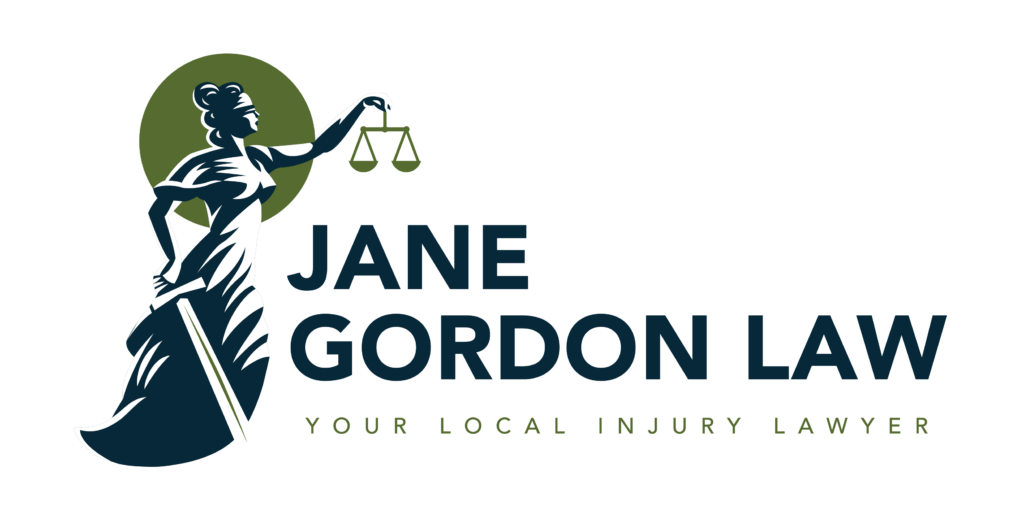
What to Expect When You Hire a Personal Injury Lawyer
When you’re injured because someone else failed to act responsibly, your world can change in an instant. Medical bills start piling up. Insurance companies begin calling. Your daily routine gets disrupted by pain, appointments, and uncertainty. In moments like these, hiring a personal injury lawyer can make all the difference. But if you’ve never worked with an attorney before, it’s natural to wonder what the process looks like and what you should expect along the way.
This guide walks you step-by-step through what happens when you hire a personal injury lawyer, how the personal injury claim process works, and how a skilled attorney helps protect your rights from the very beginning.
1. Free Consultation
Nearly every personal injury lawyer offers a free consultation, and this meeting sets the tone for your entire case. During your consultation, the personal injury lawyer will ask questions to understand what happened, when the injury took place, how you were injured, and how the injury is affecting your life.
You may be asked about things like:
- The details of the incident
- Your medical treatment and ongoing symptoms
- Any communication from insurance companies
- Costs you’ve already incurred
A great personal injury lawyer takes the time to listen, answer your questions, and help you understand your options — not pressure you into signing anything. This is also your chance to decide if the attorney is the right fit for you. You should feel supported, heard, and informed.
2. Case Evaluation
After learning about your situation, your personal injury lawyer will evaluate whether you have a strong claim. This usually involves reviewing:
- Liability (who was at fault)
- Negligence (what the other party did wrong)
- Insurance coverage
- The extent of your injuries and damages
Idaho follows a comparative negligence system, meaning your compensation may be reduced if you’re partially at fault — but you can still recover damages as long as you’re not more than 50% responsible. A personal injury lawyer will explain how this applies to your specific case and help you understand your rights under Idaho law.
3. Signing the Representation Agreement
If you choose to move forward, you’ll sign a representation agreement. Personal injury lawyers typically work on a contingency fee basis, meaning you pay nothing upfront and your attorney only gets paid if they win your case.
Your representation agreement will cover:
- The attorney’s fee percentage
- How case expenses (like expert witnesses or court fees) are handled
- How communication will work
- What you can expect as your case moves forward
This agreement formalizes the partnership. Your lawyer becomes your advocate, and you no longer have to navigate insurance calls, paperwork, or deadlines alone.
4. Personal Injury Case Investigation
Once hired, your personal injury attorney starts gathering evidence to strengthen your claim. This step is essential for proving liability and building a compelling case for compensation.
Your lawyer may collect:
- Police or incident reports
- Photos or video footage
- Witness statements
- Medical records
- Proof of lost wages
- Expert analyses, such as from medical professionals or accident reconstructionists
If needed, your attorney may work with specialists to understand complex injuries or clarify how the incident occurred. Thorough investigation often leads to stronger negotiations — and higher settlements.
5. Insurance Company Communication
One of the biggest benefits of hiring a personal injury lawyer is that you no longer have to deal with the insurance companies yourself. Insurance adjusters are trained to minimize payouts, and they often use tactics like recorded statements or quick, low settlements to protect their own bottom line.
Your attorney will:
- Handle all communication on your behalf
- Prevent you from being pressured into statements that hurt your claim
- Ensure deadlines are met
- Push back against unfair offers
- Identify coverage options you may not know about
This gives you the space to focus on healing, not arguing with adjusters.
6. Negotiations and the Settlement Process
Most personal injury cases are resolved through settlement negotiations rather than going to trial. Your lawyer will prepare a demand package that lays out the evidence, damages, and medical documentation to demonstrate the full impact of your injuries.
From there, negotiations begin. Your personal injury attorney may go back and forth with the insurance company several times. A strong lawyer knows when an offer is fair — and when the insurance company is trying to minimize your case value.
Your job during this phase is simple: follow your medical treatment plan and keep your personal injury lawyer updated. Your lawyer handles the rest.
One of the most important things to expect from your injury lawyer is ongoing communication. Your attorney should keep you informed, answer your questions, and explain each step of the process in clear, everyday language. You should never feel left in the dark.
Most law firms provide updates at key stages and respond promptly to calls or emails. If anything changes in your medical condition or new information becomes available, your lawyer will guide you on what to do next.
How Is Your Case Value Calculated?
A key part of the personal injury claim process is determining the value of your damages. This includes both economic and non-economic losses.
Your personal injury lawyer will evaluate factors such as:
- Medical bills (past and future)
- Lost wages and loss of future earning capacity
- Property damage
- Rehabilitation costs
- Pain and suffering
- Emotional distress
- Loss of enjoyment of life
Every case is different, and any lawyer who promises a specific outcome early on is raising a red flag. A trustworthy personal injury attorney explains the range of possible outcomes and what factors may influence your settlement.
What Happens If the Case Doesn’t Settle?
While many cases settle out of court, some require litigation. If negotiations stall or the insurance company refuses to offer a fair amount, your lawyer may recommend filing a lawsuit.
If your case goes to litigation, you can expect:
- Filing a complaint
- Discovery (document exchange and depositions)
- Possible mediation
- Trial preparation
- Your day in court, if necessary
An excellent personal injury attorney prepares every case as if it might go to trial. This approach often leads to stronger settlements because insurance companies recognize when an attorney is ready to fight.
Hire Your Local Boise Injury Lawyer

Hiring a personal injury attorney gives you an advocate, a strategist, and a protector. They handle the legal complexities, push back on insurance companies, and fight for the full compensation you deserve under Idaho law.
When you have a lawyer by your side, you’re not navigating the system alone — and you’re not settling for less than you’re entitled to.
Ready for Your Free Personal Injury Consultation?
If you or a loved one has been injured and you’re unsure about your next steps, reach out to your local Boise injury lawyer, Jane Gordon. A consultation is free, and it can give you clarity and confidence during one of the most overwhelming times of your life. We’re here to help!
